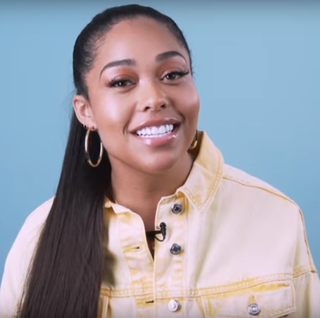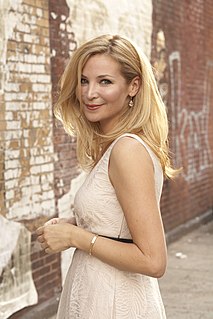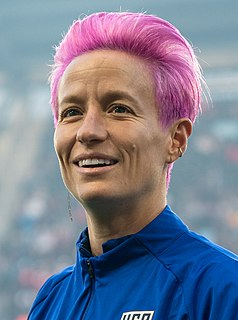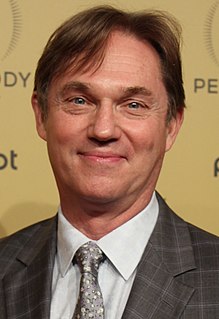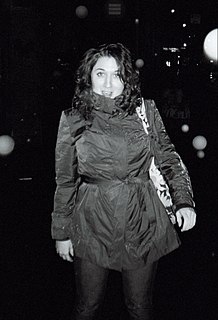A Quote by Jordyn Woods
We should open the conversation of mental health and start discussing it in classrooms, and among each other. Especially in the black community - that's not something we talk about.
Related Quotes
A community is the mental and spiritual condition of knowing that the place is shared, and that the people who share the place define and limit the possibilities of each other's lives. It is the knowledge that people have of each other, their concern for each other, their trust in each other, the freedom with which they come and go among themselves.
Mental health is an area where people are embarrassed. They don't want to talk about it because somehow they feel they're a failure as a parent or, you know, they're embarrassed for their child or they want to protect their child, lots of very good reasons, but mental health, I feel, is something that you have to talk about.
Being a woman, we talk about equal pay all the time. We're not talking about if you're black or if you are Latina. I would like to get back to that and improving the relationship between the police community and the community of color. I don't know exactly all the right things to say, but I want to engage in that conversation.
If people work together in an open way with porous boundaries - that is, if they listen to each other and really talk to each other - then they are bound to trade ideas that are mutual to each other and be influenced by each other. That mutual influence and open system of working creates collaboration.
Historically it has been a touchy subject, especially in the south where I am from, people don't really talk about it. If they do talk about it, it is often talked about negatively. Nowadays in light of the Black Lives Matter movement I think people should pay attention to these lives also. I think the Black community will really embrace the film [Moonlight]. It is about us. It is real.
